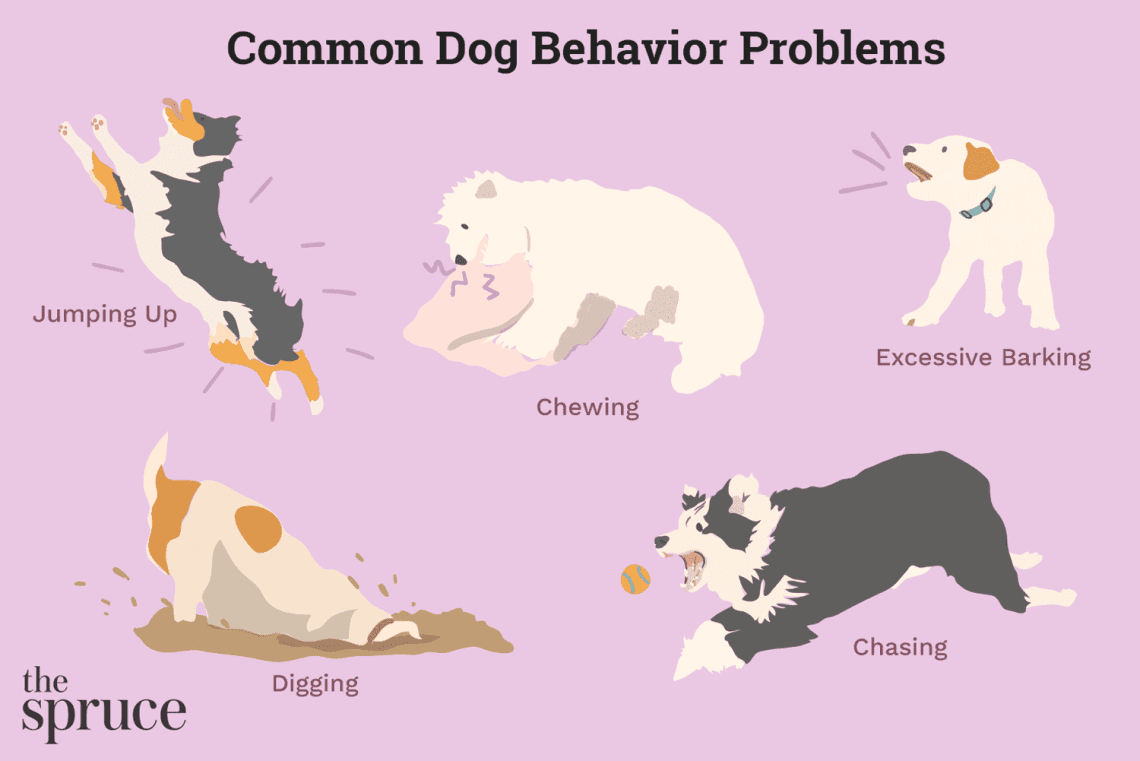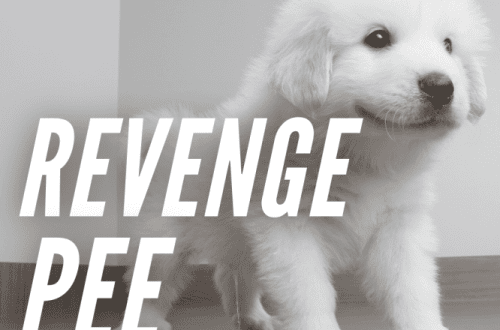
What behavior is normal for a dog?
Often the owners complain about the “bad” behavior of the dog, without understanding what “bad” behavior is – the norm for the dog. And it would be nice to understand this even before you get a four-legged friend. But it’s never too late to learn. So, what behavior is the norm for a dog?
There are features of behavior that are “regulated” genetically and are specific to one or another type of living beings. That is, the dog behaves like a dog, not like a cat or a parrot. And this must be taken into account.
Species-typical dog behavior that owners consider “bad”:
- Barking.
- Exploration of new territory.
- sniffing.
- Eating “nasty things” on the street.
- Felting in the fall.
- Jumping on a person.
- Conservation of resources.
- Hunting for small animals.
- Pursuit of moving objects.
- Territory protection.
- And much more.
This behavior can be manifested to a greater or lesser extent and depends both on the breed and on the individual qualities of the dog, and on education.
All this, however, does not mean that you need to resign yourself and give up. If such behavior occurs excessively or at the wrong time, we speak of undesirable species-typic behavior. That is, this behavior does not cease to be natural, but in certain conditions it becomes uncomfortable or unacceptable. Of course, it is not very good if the dog chases cars on the highway, barks around the clock or attacks passers-by.
That is why it is important first of all to choose the right breed of dog for you. After all, this or that breed was bred for a specific purpose, which means that certain qualities were fixed for a long time. You can’t crush genes with your finger.
Another way to “fight” unwanted species behavior is to teach your dog the correct behavior. But at the same time, it is necessary to create normal living conditions for the pet – normal for him, taking into account his characteristics, both pedigree and individual.
However, remember that you cannot “remove” some forms of species-typical behavior, no matter how unpleasant they may be for you. If the genetic predisposition is too strong, and suitable conditions for its implementation in a “peaceful way” are not created, you will not be able to re-educate the dog. If innate and learned behavior are in strong conflict, innate wins.





